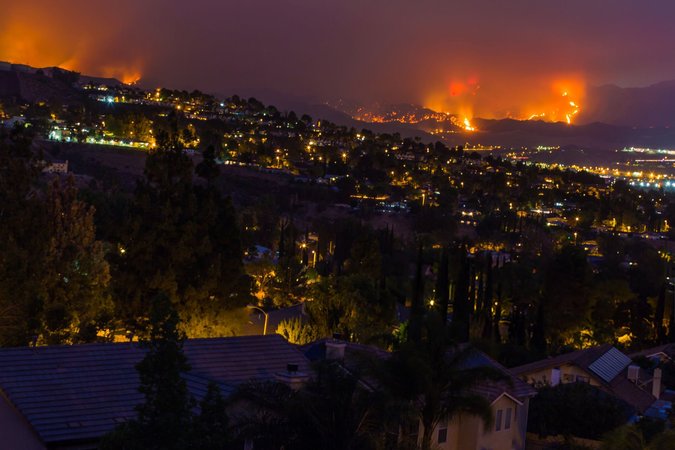Environmental Justice: Climate Impacts, Adaptation, and Resilience
A panel discussion on research in this area, grassroots advocacy, and policy challenges and solutions
Event Details
On Thursday, June 17, 2021, Resources for the Future (RFF) and the Urban Institute hosted the third event in Exposure, a six-part webinar series on environmental justice. Who stands to win—or lose—as a result of climate change? The impacts of temperature increases, sea level rise, and extreme weather events often hit low-income neighborhoods and communities of color particularly hard. Government policies can exacerbate these problems because investments in hazard mitigation and the disbursement of disaster aid often disproportionately benefit wealthier households and neighborhoods. This panel discussed research in this area, grassroots advocacy, and policy challenges and solutions.
Speakers
- Sonal Jessel, WE ACT for Environmental Justice
- Carolyn Kousky, Wharton Risk and Decision Processes Center, University of Pennsylvania
- Earthea Nance, Barbara Jordan-Mickey Leland School of Public Affairs, Texas Southern University
- Eric Tate, Department of Geographical and Sustainability Sciences, University of Iowa
- Carlos Martín, Urban Institute (moderator)
- Margaret Walls, Resources for the Future (moderator)
Event Video
Additional Materials
Reading List
- “Exploring the Impacts of Flood Insurance Reform on Vulnerable Communities” by Earthea Nance
- “Toward Equity: Prioritizing Vulnerable Communities in Climate Change” by Beverly Wright and Earthea Nance
- “Assessing Social Equity in Disasters” by Eric Tate and Christopher Emrich
- “Flood Recovery and Property Acquisition in Cedar Rapids, Iowa” by Eric Tate, Aaron Strong, Travis Kraus, and Haoyi Xiong
- “Make Recovery Easier: A Road Map for the New Administration” by Carolyn Kousky
- “Improving the Post-Flood Financial Resilience of Lower-Income Households through Insurance” by Carolyn Kousky and Helen Wiley
Exposure: An RFF-Urban Institute Series on Environmental Justice
Environmental justice (EJ) is an imperative that is finally getting its national policy due. For many low-income neighborhoods, households of color, tribal communities, and other marginalized groups, environmental injustice compounds a legacy of social, economic, and political disenfranchisement. Recent presidential executive orders, appointments, and proposed legislation acknowledge the disproportionate burdens of negative environmental conditions and exposures, and reduced access to environmental benefits and amenities, placed on these populations.
Since the groundbreaking Toxic Wastes and Race and Dumping in Dixie published in the late 1980s first brought EJ issues to the fore, scholars have supported activists and journalists by investigating the mechanisms that create and perpetuate environmental inequities and exclusion and quantifying the extent of the problems. This combined scholarship and advocacy has led to improved monitoring and outcome tracking and some progress in finding solutions to persistent pollution problems. But inequities persist—and as the United States begins to reckon with the climate crisis, designing climate policies that benefit all communities will be imperative.
RFF and the Urban Institute are hosting this webinar series on the current state of EJ research across disciplines, examining how research can inform policy and identifying remaining gaps in knowledge. With panels of experts from the research and EJ advocacy communities, we will take a deep dive into issues related to cumulative environmental impacts, EJ screening tools, energy equity and transitions, benefit-cost analysis and regulatory design, disaster and climate adaptation, and the design of climate policies. The series will also ask how research can inform better policy design and public investments to remedy inequities, past and present.









